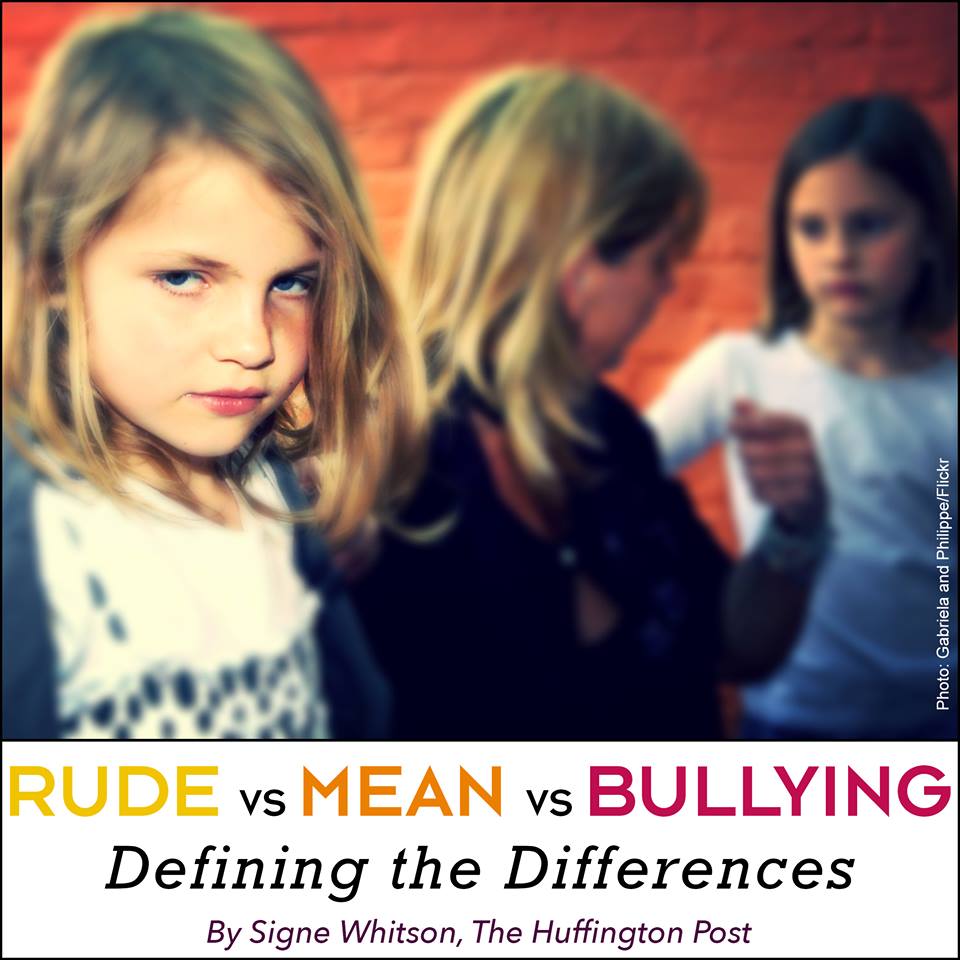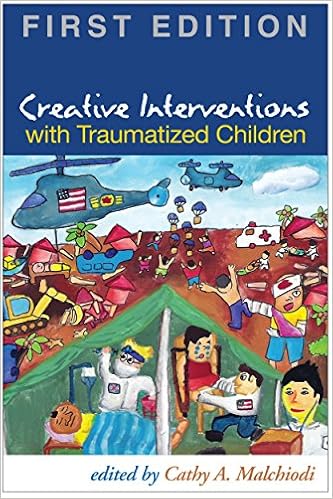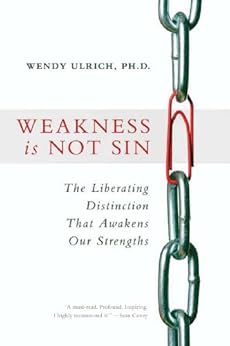The following is a talk I gave in church on January 10, 2016. If religion is not part of your spirituality, then reader beware.
**********************************
Since we are 10 days in to 2016, it is a common occurrence
this time of year is to make New Year’s resolutions. You know, the goals to
lose weight, to not do this and to not do that.
Plus, we as Latter-Day Saints are asked to improve through
the Atonement daily, by setting and keeping goals. Elder M. Russell Ballard
taught: “I am so thoroughly convinced that if we don’t set goals in our life
and learn how to master the techniques of living to reach our goals, we can
reach a ripe old age and look back on our life only to see that we reached but
a small part of our full potential. When one learns to master the principles of
setting a goal, he will then be able to make a great difference in the results
he attains in this life.”
It is so unfortunate that 85% of New Years resolutions fail
by Valentine’s Day. A mere 45 days or six weeks into a year with 52 weeks or
366 days (in this leap year). That’s not a great success rate.
The reason is, as Elder Ballard said, that we have not
learned the techniques and principles of goal setting. So let’s look at some
reasons why goals are not successful, and what we can do instead.
If I may also add, don’t just listen to me, pay attention to
what you may not hear and that you are feeling as we discuss making changes
through goal setting.
SMART Goals
One reason goals are not successful is that they are simply
not made properly. We just identify one single item and don’t make a plan, or
do anything about it.
There is a common acronym that is used to help with
goal-setting, and that is SMART, or SMART goals. Which means make your goals:
Specific, Measurable, Attainable, Relevant, and Time-bound.
Specific, what exactly will you accomplish. Measurable, how
will you know you have reached this goal. Attainable, is achieving this goal
realistic with effort and commitment, plus do you have the resources to achieve
the goal, if not, how will you attain them. Relevant, is this goal attainable
and of value to you. Last is time-bound, when will you achieve this goal.
It is really important to use SMART correctly, if just parts
of it are used, chances are the goal will not be successful. For example, we
may want to do said activity, have it done by this date, but what we fail to
take into account is the A & R, attainable and relevant. Usually because
said goal does not fit in with our current value and belief system and it is
not a priority for us to commit effort to. The best example I have experienced
with this, is someone who was pregnant and wanted to lose weight, not really a
congruent goal given life’s current situation.
President Thomas S. Monson taught: “When performance is
measured, performance improves. When performance is measured and reported, the
rate of improvement accelerates.” – Which is what makes SMART goals so useful,
especially when shared with a trusted individual.
While it is important to formulate a goal the SMART way,
many times this process alone will not work.
Motivational
Interviewing
Another reason why goals are not achieved is they are not
tied into motivation.
We need to know what motivates us, and how we are motivated.
That is finding the internal or external motivators to accomplish a goal.
There is a process to this, called Motivational
Interviewing, where you Engage with your issues/concerns and hopes and then
Focus on how to bridge the gap in daily habits from where you are now to where
you want to be, to then Evoke the confidence and the importance of making
changes, to then Plan how to make the changes.
If I may share a scriptural reference regarding motivation,
or a lack thereof: Laman and Lemuel. When Lehi asked his sons to return a get
the brass plates, Laman and Lemuel were less than thrilled compared to Jacob
and Nephi. They murmured, as it is said. And even after an angelic
intervention, promising success, the first thing Laman and Lemuel did, they
murmured, saying “How is it even possible?” Despite having a spectacular
spiritual experience, they were still unable to find the motivation because
they could not engage with, focus on, and understand the importance of getting
the brass plates.
Later, Lehi received a revelation that his family should not
be alone in the wilderness. Lehi essentially said to his sons, go find Ishmael
and bring his family back so that you will have someone to marry. Laman and
Lemuel went with Nephi to go get Ishmael, and you know what, there was
absolutely no murmuring reported! Laman and Lemuel were able to find the
motivation this time! What is interesting with this moment in time is that on
the way back with Ishmael’s family, two of Ishmael’s daughters murmured, you
have to wonder if those two became the wives to Laman and Lemuel?
I think it's also important to remember our temperament when
talking about motivation. This, same with motivation, is different for
everyone. If you are someone who needs to slowly wade into the pool, that
temperament impacts your motivation. If your someone who just jumps in the deep
end to get in the pool, that impacts motivation as well.
Time Management
So many times goals are focused on not doing something. It
is really hard to remove a behaviour, action, or pattern in life without finding
a replacement for it. We need to find something else to invest our time in.
All of us have been given one common resource, time, that we
can invest in any way we want.
President Brigham Young said: “Time is all the capital stock
there is on the earth; and you should consider your time golden, it is actually
wealth…”
Did you know there are over 300 hours of videos uploaded on
YouTube every single minute? And if we stopped all future YouTube video uploads
it would take 60,000 years to watch all the videos currently on YouTube.
Did you know there are an estimated 130 million books
worldwide? And if you read a book every week for 40 years, that is only 2,080
books.
Did you know according to Internet Movie Database (IMDB),
there are over 1 million movies and 3 million TV episodes? And Netflix offers
just over 13 thousand of those titles, which is less than one percent of all
titles worldwide?
Did you know the average Canadian spends just over 4 hours
per day on their cell-phone and computer? And that they spend nearly 3 and a
half hours watching TV? Another two hours listening to the radio/music, and 30
minutes spent reading printed materials? That means in an average day, a
Canadian spends almost 10 hours with some sort of media, 75% of that is screen
time.
So what are you doing with your time? If you are going to do
something else with your time, what is it going to be?
John Longden a former Assistant to the Quorum of the Twelve
shared: “Mere ‘busyness’ is not necessarily evidence of
the wise use of time. There should be time for mental and
spiritual development as well as relaxation: time for worship and time to
express our thankfulness for our ability to work, and think, and pray, and
read, and help, and dream, and laugh, and plan, and learn.”
Elder Dallin Oaks added regarding decision making: “As we
consider various choices, we should remember that it is not enough that
something is good. Other choices are better, and still others are best.”
Priorities
Next reason why some goals are unsuccessful is they focus on
balance, doing all things equally. The goal of balancing spiritual, mental,
emotional, and physical growth with the demands of work, family, church,
community and other obligations.
While it is noble to strive for balance, I’m beginning to
understand that the notion of “balance” in all aspects of life is an ideal. It
is more about what our priorities are. It is simple to make changes in your
life, and will be easier to do so if it is a current priority.
Elder David Bednar shared the following during a training in
the Philippines: (and I think on our continent as well): “Balance in doing all things doesn’t exist. You cannot
be perfectly balanced in doing all things. The principle is over time were you
able to give sufficient attention to all things that you need to attend
to. Prioritize. The Holy Ghost will help us to focus on the things that
need attention at a time. There are nice things that are not very important –
don’t attend to those. You have to determine what you need to do according to
the will of God. Don’t neglect the things that really matter most.”
Now, I am not here to tell
you what your priorities should be, that is up to you to determine. But know
that through prayer you can learn what your individualized priorities should
be. And also that it is one less barrier to reaching a goal when it is a
priority.
Change Model &
Relapse
Another reason why goal making is unsuccessful is that the
stages of change are not understood. I will draw a lot from AA and ARP
principles here.
It’s important to know that making changes is difficult.
There are stages of Pre-contemplation and Contemplation before you even
consider making the plans to change! There is a lot of thought preparation before
action is taken to implement the change and then to be able to maintain it.
What is annoying is this thing called relapse. It’s not bad,
it is crucial to making change, it helps find areas of weakness that need to be
strengthened in order to maintain changes.
But at times we can be more vulnerable to relapse than at
others. Alcoholics Anonymous uses an acronym called HALT - hungry, angry,
lonely and tired. If you are experiencing any one of those you are more
vulnerable for relapse and returning to your pre-New Year’s resolution habits.
Imagine experiencing all four, how much more vulnerable you would be!
Consider the brain like a forest. As we have grown from
infancy we have built pathways from one section to another. Some of these
pathways have become four lane highways, while vegetation has grown over the
less used pathways. When we are making changes, especially drastic changes, we
are forging a new path, or using a less travelled path, and trying to travel on
it enough to become a side-walk, then a gravel road, then a paved single lane,
to eventually a four lane highway. It takes time.
This also means that when implementing a new goal, or making
changes, it is sometimes, if not often, things become worse or chaotic before
they become better, because of the effort needed to make a change.
So it makes sense when one is Hungry, Angry, Lonely, or
Tired it is just much simpler to travel on the four-lane highway of thought
instead of forging a new path.
Let’s go back to Laman and Lemuel, they are great examples
of relapse. Nephi’s bow broke, they got hungry, they murmured. They were angry
for many reasons: getting the plates, leaving Jerusalem, building a ship, the ship
not going fast enough; they murmured. They felt lonely many times in the
wilderness, on the ship, and in the promised-land; they murmured. Tired from
traveling, they murmured. Noticing a theme? (And by the way murmur, murmuring
or murmured is mentioned 16 times in all of the Old Testament, 12 times in the
New Testament and 15 times just in the book of 1st Nephi, 20 if you
include 2nd Nephi – shows just how much murmuring happened.)
Don’t look back
Another reason goals get stuck, is that we keep looking to
the past. Whether this is because we are looking for inspiration in the past,
or that something from the past is preventing us from focusing on the present.
Sometimes there is also this thought that we need to resolve
the past, or dig up the past in order to be able to focus on the present. The
only time, I am learning in my work, to focus on digging up the past is if it
is impacting your daily ability to function, such as sleeping and going to work
or school, and then it is important to work on healing. Other than that, the
past should be in the past. I’ll share two pieces of insight regarding this.
First, let’s look at research from the University of
Illinois on looking forward after a tragedy. The lead researcher was a crisis
social worker for children and teenagers after the Katrina hurricane in New
Orleans. She shared that the children and teenagers started saying “We are not
interested in talking about our Katrina experience. We want to talk about all
the other issues we are facing.” She realized that “these kids [didn’t] need to
reprocess the storm over and over again, they need to talk about other
adversities related to the storm” This is true in our lives, where we will have
a storm, physical, mental, emotional or spiritual, impact us. When the storm is
over, and we are beginning to deal with daily life again, we need to focus on
the future and its struggles, not talking about the past over and over again.
Second, Elder Jeffrey R. Holland shared this about looking
back: “If something is buried in the past, leave it buried. Don’t keep going
back with your little sand pail and beach shovel to dig it up, wave it around,
and then throw it at someone, saying, “Hey! Do you remember this?”
Splat! Well, guess what? That is probably going to result in some ugly morsel
being dug up out of your landfill with the reply, “Yeah, I
remember it. Do you remember this?” Splat! And
soon enough everyone comes out of that exchange dirty and muddy and unhappy and
hurt, when what our Father in Heaven pleads for is cleanliness and kindness and
happiness and healing. … Perhaps at this beginning of a new year there is no
greater requirement for us than to do as the Lord Himself said He does: “He who
has repented of his sins, the same is forgiven, and I, the Lord, remember them
no more” … then we look ahead and remember that faith is always pointed toward the future.”
Conclusion
I hope for you that
as you go through the stages of change as you make your New Year’s resolutions,
that you invest your time in priorities for your life, using your motivation,
SMART goals, and that you look forward.
And I know that as
we include the Lord in our plans, He will guide us.
In the name of
Jesus Christ, Amen.











